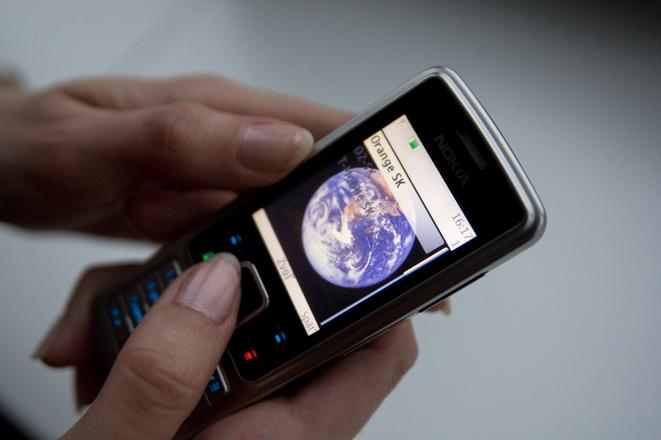It’s been a good many years since people — knowingly or unknowingly — started giving up information about their private lives to tech companies. If your smartphone tells Google, Facebook and dozens of other companies who you are, where you go and what you are doing every day so that they can sell you stuff, why can’t that kind of precise data help fight the coronavirus?
This week The New York Times published a map that showed how Americans had travelled in recent days. Using data from mobile phones, they showed that while much of the country had limited their movements, people in the southeastern part of the country had continued to move around relatively freely into last weekend. That kind of information will almost certainly help explain a coronavirus outbreak after the fact, but shouldn’t it be used to prevent that outbreak, to begin with? If data can be harnessed in real time to sell me airline tickets I don’t need, why can’t it alert people that they are risking their health (and the health of others) by moving around too much?
What are we willing to give up our privacy for?
Google knows whether you are obeying social distancing guidelines, whether you visited a place where there is a coronavirus outbreak, who you were there with — when — and where you went afterwards.
Font size:
A
-
|
A
+



 (source: SME)
(source: SME)